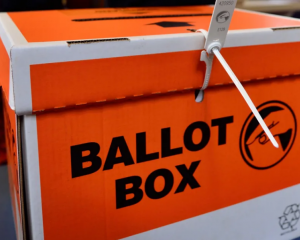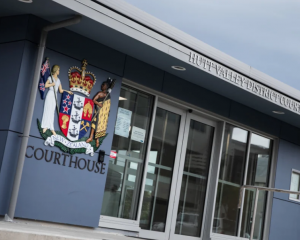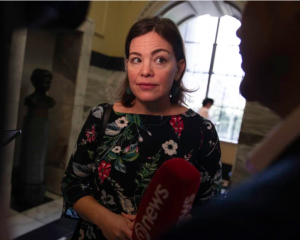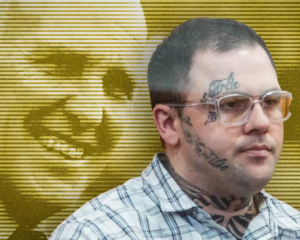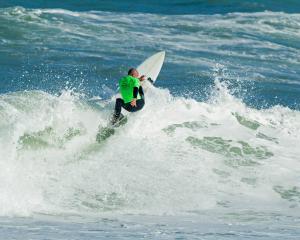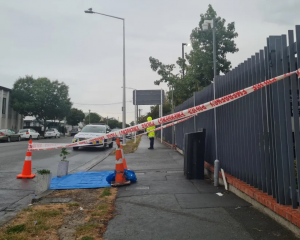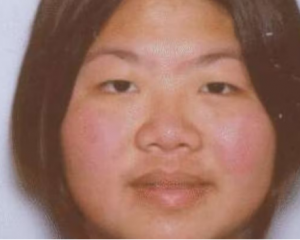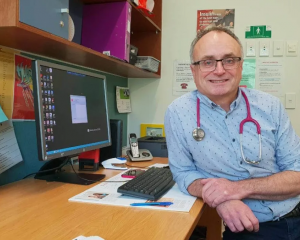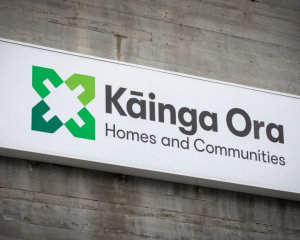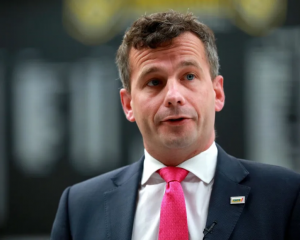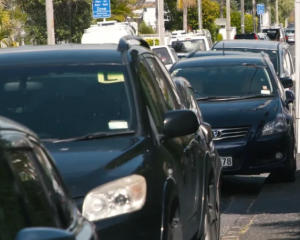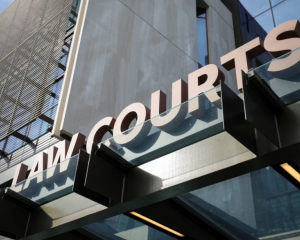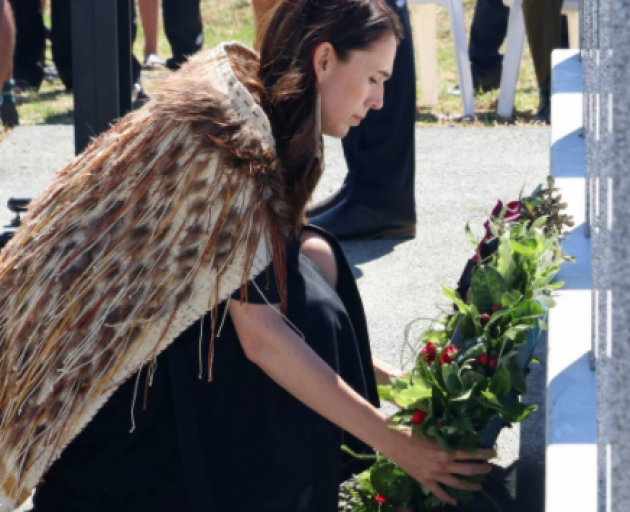
Officials have been devising the draft curriculum - published online today - since 2019 when the government announced Aotearoa history would be taught in all schools and kura by 2022.
The subject will be made compulsory up to Year 10 and be available as an option from Year 11.
On Wednesday, Education Minister Chris Hipkins urged New Zealanders to check out the content and provide feedback before it was finalised.
"In practice, learners across New Zealand will explore the stories that are unique to us. In Te Tai Tokerau, for example, I know people will be interested in learning about the battle that took place in Ruapekapeka during the Northern Wars in the 1800s," Hipkins said.
"In Waikato, ākonga may learn about the invasion of Waikato led by Governor George Grey and the implications this had for people living in the region.
"In Otago, they may delve deeper into the region's Māori and Chinese heritage and how it has helped shape the area into what it is today, while in Northland they may explore Māori histories and early Croatian stories.
"In Porirua, learners may explore the stories of Pacific migration to the area, including when and how people came to the city and the reasons for coming such as work and education. They could also explore how Pacific people have influenced the culture of Porirua," Hipkins said.
Currently, history is taught as part of the social sciences subject, but the framework does not dictate what or how certain issues would be taught.
The shift in approach would be a "watershed moment" for New Zealanders, Hipkins said.
"It will provide opportunities to learn about history from a local, regional and national perspective and will help students get a stronger sense of how the past has shaped who we are."
The changes however, have been slammed by National's education spokesman Paul Goldsmith as "lacking balance and needs revision".
"The themes are mainly about identity and identity politics. That's part of the story – but there are other elements to New Zealand's history," he said.
"How did we make a living as a country? How, in such a short space of time, did we attain one of the highest living standards in the world?
"Those basic questions don't feature prominently. They deserve much more than a passing reference.
"New Zealand is also one the oldest democracies in the world, with strong traditions of freedom and the rule of law – which is rare in this world. How did those institutions develop? Again, this is not a central theme," Goldsmith said.
"History is always contested. I encourage all New Zealanders to look at the proposals and submit on them."
However Post Primary Teachers Association (PPTA) vice-president Chris Abercrombie, an Invercargill history teacher, said he was excited by the new curriculum and believed it had "got that balance" that was needed.

He said the emphasis on local history would encourage teachers to find out their own local histories, but most teachers would need support.
"I have a degree in history, I have the skills and knowledge to do this, but not every teacher does," he said. "If you are expecting teachers in Years 1 to 10 to do it, they might not have the specialised knowledge so we have to make sure the support is there."
PPTA president Melanie Webber said she learnt very little NZ history at school and she was delighted to see that students would now learn about the Battle of Ruapekapeka, where one of her ancestors fought for the British.
"That's my history," she said. "The more we understand our history, the more we can understand our current society."
Principals' Federation president Perry Rush welcomed the emphasis not just on "dates and events" but on "the authorship of history".
"It helps students understand that history is and can be informed by those that tell the story," he said.
"We don't have a single history which is dates and events. We have quite an interesting approach aimed at helping our young people understand why history might be told the way it is. There is a very strong critical thinking element to this curriculum, which is welcome."
Hipkins said the Ministry of Education (MoE) would roll out a range of resources to support schools to teach the updated content.
The MoE consulted teachers, academics, iwi, and community groups in designing the curriculum, including an independent expert advisory group convened by the Royal Society Te Apārangi.
The lessons were tested in a small number of schools and kura late last year.
The reset will include seven overarching themes:
•The arrival of Māori to Aotearoa
•First encounters and early colonial history of Aotearoa
•Te Tiriti o Waitangi and its history
•Colonisation of, and immigration to, Aotearoa, including the New Zealand Wars
•The evolving national identity in the late 19th and early 20th Centuries
•The role of Aoteraroa in the Pacific
•Aotearoa in the late 20th century and the evolution of a national identity with cultural plurality
- With NZ Herald
Comments
Will it include inter-tribal warfare and a balanced view of the early interactions in NZ with Europeans plus the role of Maori v Maori in the NZ wars?
Mr Goldsmith on cue, as expected, with his middle class, white perspective on the world, whining that he and his ilk are not the centre of attention.
Even his examples reflect this. His claims that we attained one of the highest standards of living in the world, in such a short space of time. NZ standards of living, prior to Rogernomics were not that high, certainly from the mid 19th century until after world war 2 NZ was badly afflicted by a repeating boom and bust cycle that kept most of the country in a state of continual poverty. NZ having strong traditions of freedom depends a lot on your point of view. Try being a woman applying for a mortgage before the 1970's, or a gay person trying to live a normal life before 1986, or being Maori or pacific islander and trying to lift yourself out of poverty, even today. Mr Goldsmith and his ilk wouldn't have a clue.
The new history curriculum is a first step up but it still has a way to go.

